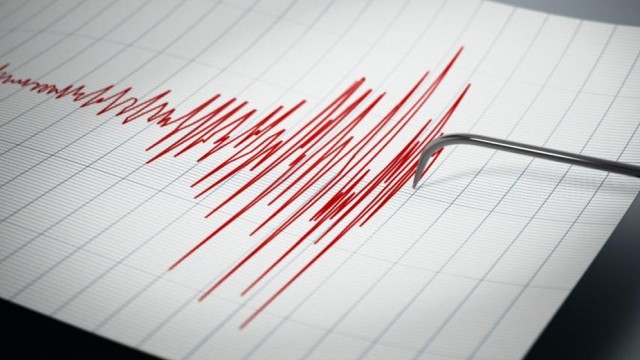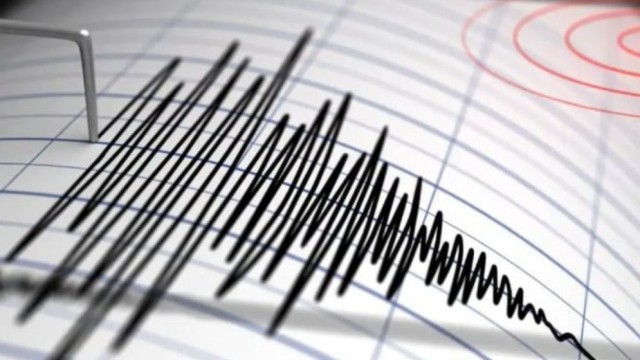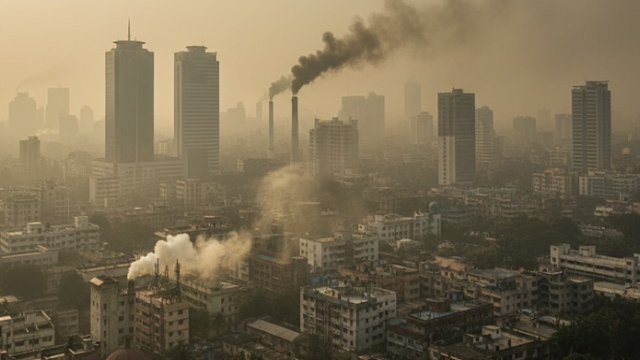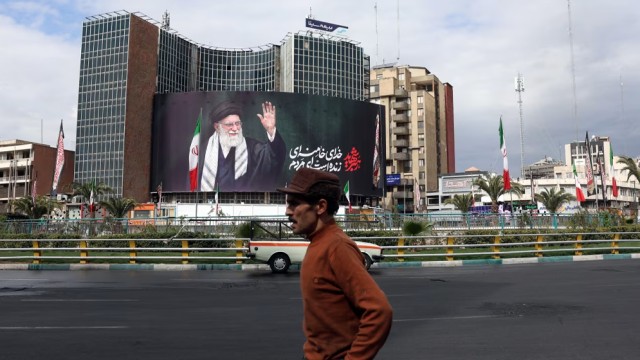Jan 20 (V7N) - Dhaka, the densely populated capital of Bangladesh, ranked fourth globally in air pollution on Monday, with an Air Quality Index (AQI) score of 245 at 9am. The air was categorized as 'very unhealthy,' posing severe health risks to residents.
Sarajevo (Bosnia and Herzegovina), Hanoi (Vietnam), and Lahore (Pakistan) topped the list with AQI scores of 296, 262, and 255, respectively. An AQI score between 201 and 300 is deemed 'very unhealthy,' while 301+ is considered 'hazardous.'
In Bangladesh, the AQI is calculated based on five pollutants: particulate matter (PM10 and PM2.5), nitrogen dioxide (NO2), carbon monoxide (CO), sulfur dioxide (SO2), and ozone. Dhaka has struggled with persistent air pollution, which worsens in winter and improves during the monsoon.
Global and Local Impact of Air Pollution
The World Health Organization (WHO) estimates that air pollution causes approximately seven million deaths annually, mainly from stroke, heart disease, lung cancer, chronic respiratory diseases, and acute infections. Locally, improved air quality could prevent over 81,000 deaths each year in Bangladesh, according to reports.
Addressing the crisis, Environment Adviser Syeda Rizwana Hasan has urged stricter enforcement of environmental laws, including the ban on polythene usage, for a healthier future.
END/CLM/RH/





























Comment: